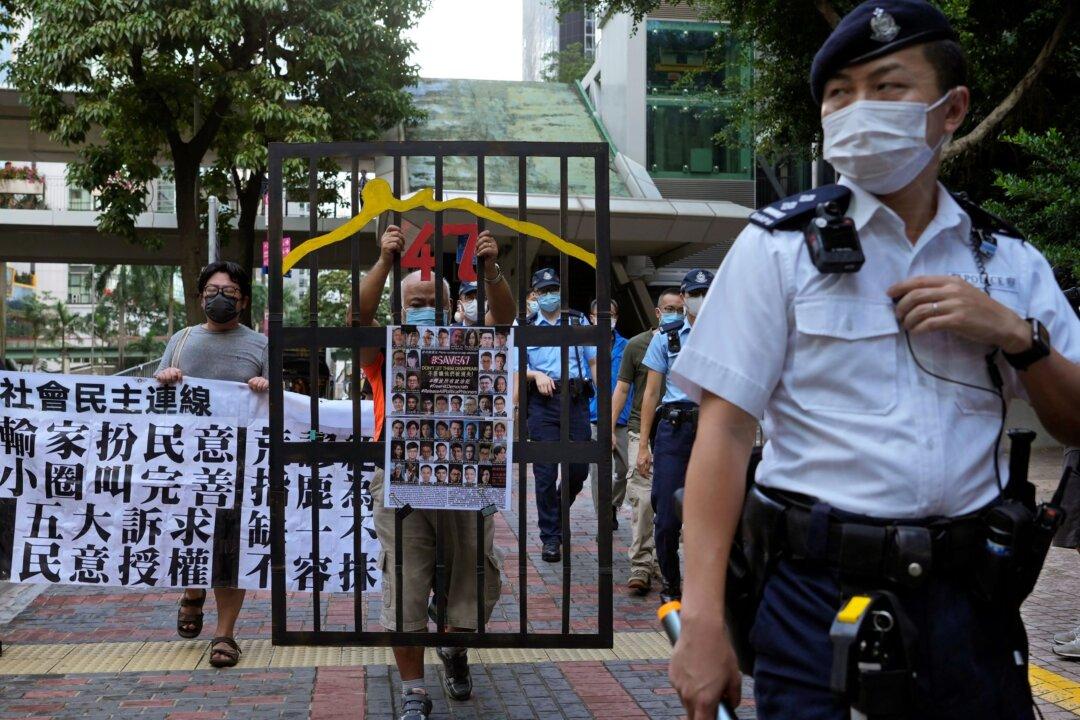Commentary
It appears that Hongkongers are saying NO to an election system imposed by the Chinese Communist Party (CCP) that violates the spirit of the Basic Law, the mini constitution of the Hong Kong Special Administrative Region (HKSAR).

It appears that Hongkongers are saying NO to an election system imposed by the Chinese Communist Party (CCP) that violates the spirit of the Basic Law, the mini constitution of the Hong Kong Special Administrative Region (HKSAR).